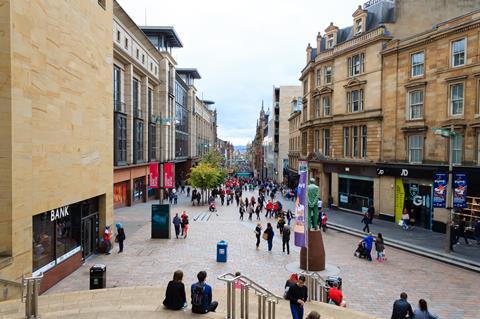
Top story
Retail sales have jumped by more than expected in February despite the inflationary challenges facing consumers, according to new data published this morning.
The Office for National Statistics (ONS) reported a 1.2% rise in sales volumes last month, following a 0.9% increase in January.
It was a much healthier jump than expected by economists, who had predicted a more modest 0.5% rise.
The ONS said it was the largest monthly increase since October 2022 (1.4%), which was affected by the additional bank holiday for the Queen’s funeral in September.
However, despite February’s performance, retail sales have only just returned to pre-pandemic levels.
Sales volumes in food stores rose by 0.9% in February following a 0.1% increase in January, with some anecdotal evidence of reduced spending in restaurants and on takeaways because of cost of living pressures.
Non-food store sales volumes increased 2.4% over the month thanks to strong trading in discount department stores.
“In the latest month, discount department stores performed strongly with food shops also doing well as consumers, confronted with cost of living pressures, cut back on eating out or purchasing takeaways,” said ONS director of economic statistics Darren Morgan.
British Retail Consortium CEO Helen Dickinson added: “Despite the ongoing cost of living squeeze, consumers were still ready to spend on what they needed, with higher sales for categories including clothing and cosmetics.
“There remain challenges to consumer spending in the coming months with the end of the energy bill support scheme in April and the increasing cost of borrowing. It is essential that government avoids any additional regulatory burdens on business that would risk pushing prices up, adding to the squeeze on consumer wallets.”
Morning update
Consumer confidence also took an upswing in March, according to a closely watched monthly survey.
GfK’s consumer confidence index increased two points this month to –36, the highest level since March 2022.
Respondents to the survey, which ran between 1 and 14 March, were also more optimistic about the year ahead, with expectations for the general economic situation up by three points to –40, which is nine points better than a year ago.
However, the forecast for personal finances over the next 12 months decreased three points to -21, which is three points lower than this time last year.
The major purchase index rose four points to –33, nine points lower than this month last year.
GfK client strategy director Joe Staton said despite the small improvement in the overall score this month consumers remained concerned about their personal finances.
“Wages are not keeping up with rising prices and the cost of living crisis remains a stark reality for most,” he added.
“The recent budget will bring relief to some sections of the population, but for now many people are simply looking to survive day-by-day. Just having enough money to live right and pay the bills remains the number one concern for consumers across the UK.”
The FTSE 100 sank 1.4% to 7,393.39pts this morning following yesterday’s interest rates hike by the Bank of England.
Early food and drink risers included HelloFresh, up 8.5% to €17.80, Bakkavor, up 2.5% to 113.4p, Fever-Tree, up 1.8% to 1,214.8p, and McBride, up 1.5% to 26.9p.
Deliveroo was among the fallers so far, down 4.3% to 87.5p, along with Kerry Group, down 3.3% to €89.92.




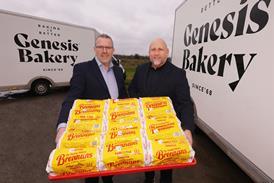


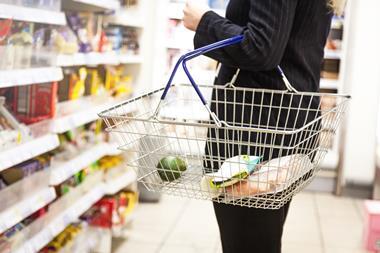
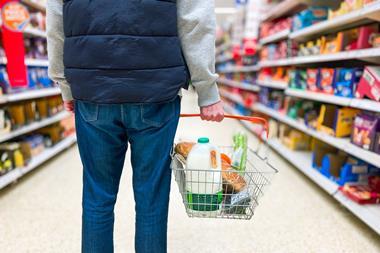
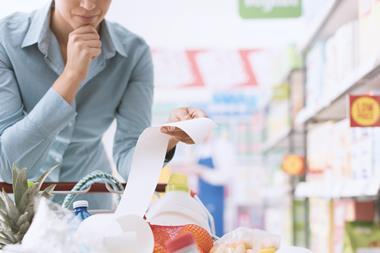
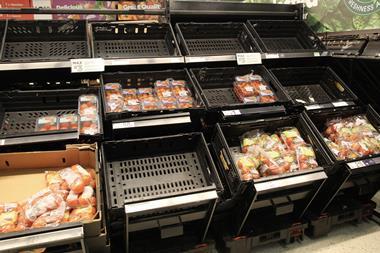
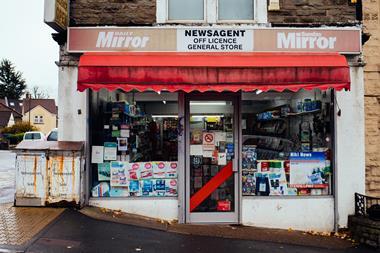
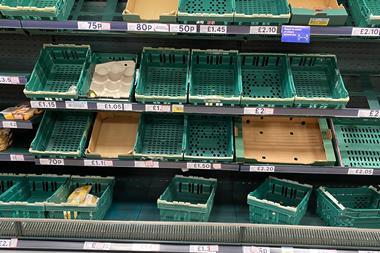
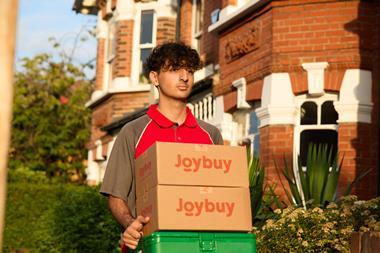
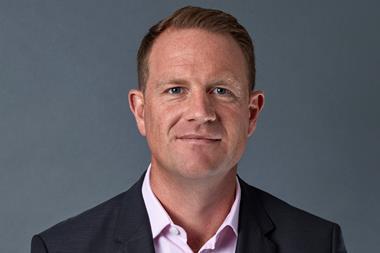
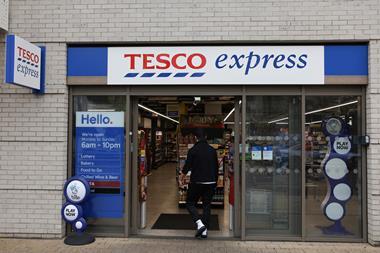
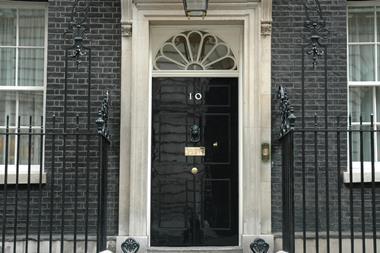

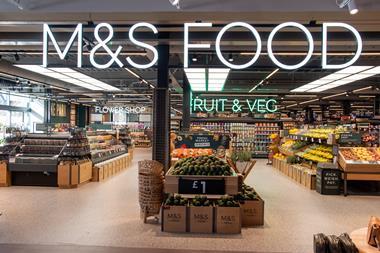
No comments yet